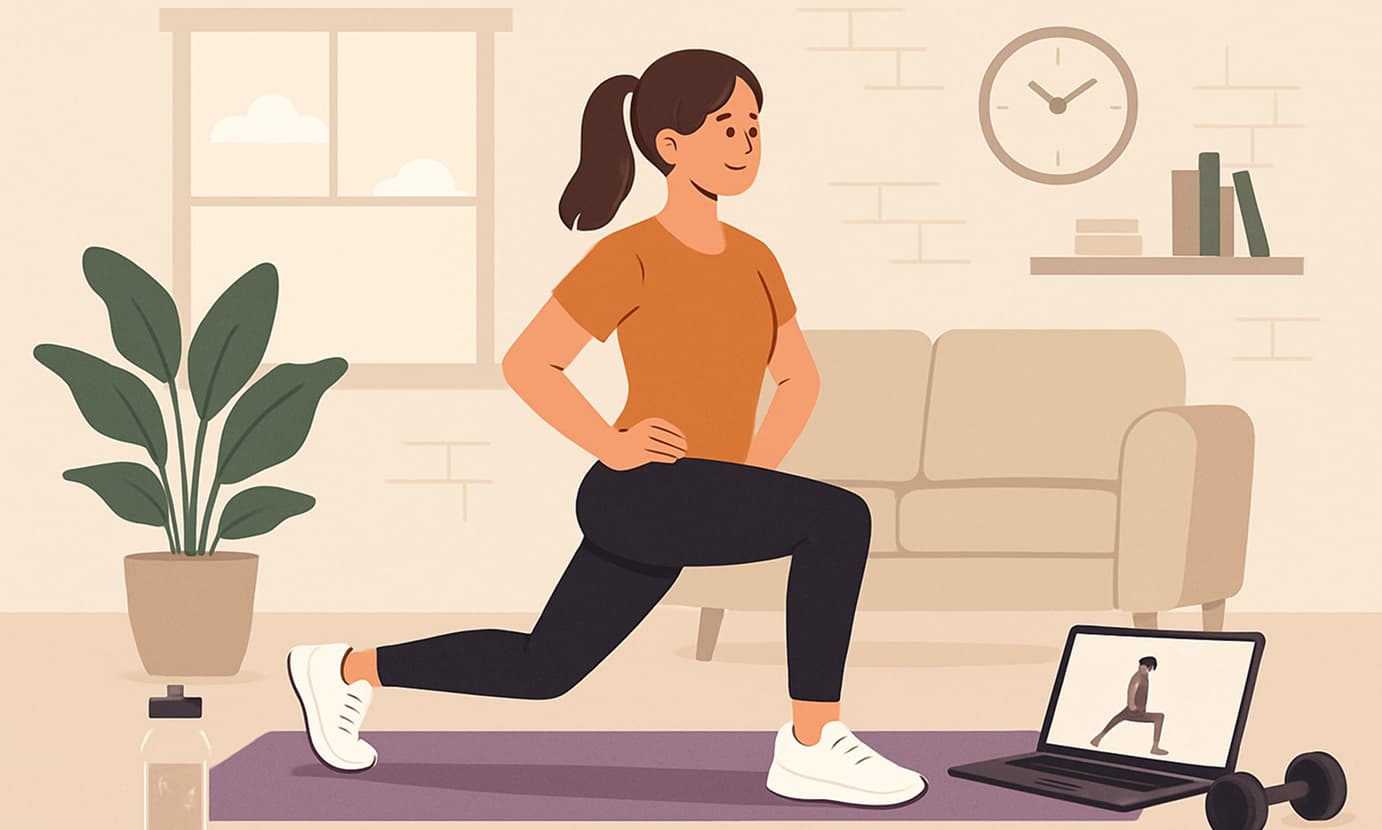We all know exercise is good for us. It boosts energy, strengthens the heart, sharpens the mind, and lowers the risk of chronic diseases. Yet for many, the hardest part isn’t the workout itself—it’s sticking with it long enough for it to become second nature. Research shows it takes around 66 days on average to form a new habit, but the good news is that the right strategies can make exercise feel less like a chore and more like a lifestyle. Here are ten tips to help you make fitness a lasting part of your daily routine.
- Start Small and Build Up
One of the most common mistakes is trying to do too much, too soon. If you haven’t been active, start with just 10–15 minutes of walking or light movement. As consistency builds, gradually increase the intensity and duration. Small, achievable wins build momentum and confidence.
- Schedule It Like an Appointment
If you wait until you “feel like it,” chances are you’ll skip. Instead, block out workout time in your calendar the same way you would a meeting or doctor’s appointment. Treating exercise as non-negotiable makes it far more likely to happen.
- Find an Activity You Enjoy
You’re more likely to stick with exercise if you actually like it. Hate running? Try swimming, cycling, dancing, or group fitness classes. The key is finding something you look forward to—so it feels like fun, not punishment.
- Use Habit Stacking
Pair exercise with an existing habit. For example:
- After brushing your teeth, do 10 push-ups.
- After your morning coffee, go for a 15-minute walk.
- After work, change straight into workout clothes.
Linking new behaviors to old routines helps them stick more quickly.
- Set Clear, Realistic Goals
Vague goals like “I want to get fit” often fade quickly. Instead, use SMART goals—specific, measurable, achievable, relevant, and time-bound. For example: “I will walk for 20 minutes, five times per week, for the next month.” Tracking your progress helps reinforce your commitment.
- Create Accountability
Accountability increases follow-through. Join a class, find a workout buddy, or share your goals with friends and family. Some people even commit financially—signing up for classes in advance or hiring a coach—because having “skin in the game” makes skipping less tempting.
- Make It Convenient
Remove as many barriers as possible. If your gym is 30 minutes away, chances are you won’t go often. Instead, choose a workout option close to home or set up a small space for bodyweight or resistance-band workouts. Laying out clothes and equipment the night before also reduces friction.
- Reward Yourself
Positive reinforcement works. Celebrate milestones with non-food rewards, such as new workout gear, a relaxing massage, or watching your favorite show guilt-free. The brain thrives on reward loops, and associating exercise with pleasure helps cement the habit.
- Be Flexible, Not Perfect
Consistency matters more than perfection. Missed a session? Don’t abandon your plan—just get back on track the next day. Studies show that occasional slip-ups don’t erase progress, but giving up altogether does. Think long-term: one missed workout is a blip, not a failure.
- Focus on How You Feel
Shift the mindset from exercising only for physical results (like weight loss) to appreciating immediate benefits: better mood, reduced stress, sharper focus, and higher energy. People who focus on how good exercise makes them feel are more likely to stay consistent over time.
Final Thoughts
Making exercise a habit isn’t about willpower alone—it’s about creating systems, routines, and environments that support you. By starting small, planning ahead, choosing activities you enjoy, and rewarding your progress, you can transform exercise from something you “should do” into something you want to do. And once it becomes part of your identity, you’ll find that staying active feels natural—like brushing your teeth or having your morning coffee.
Your future self will thank you for every step, squat, or stretch you start today.

